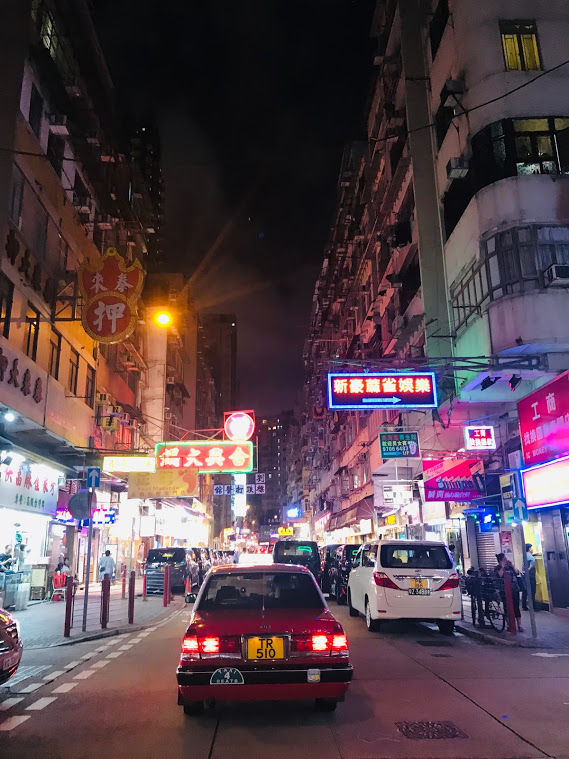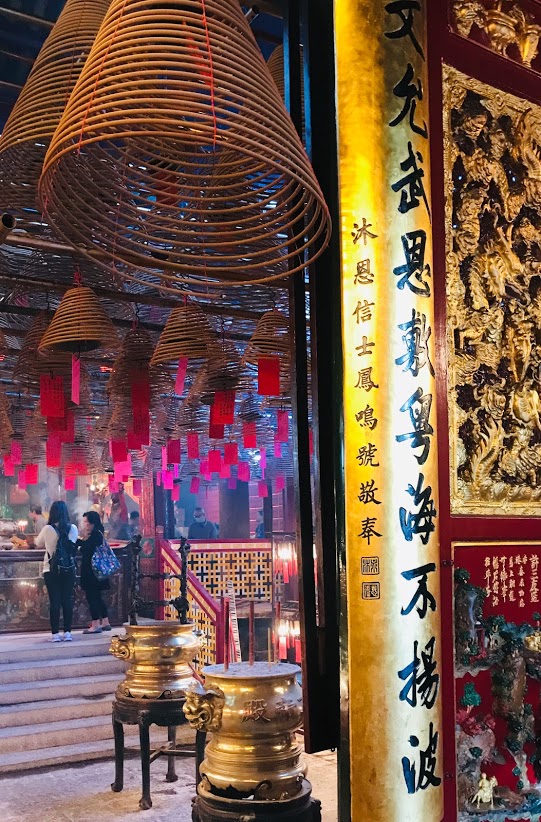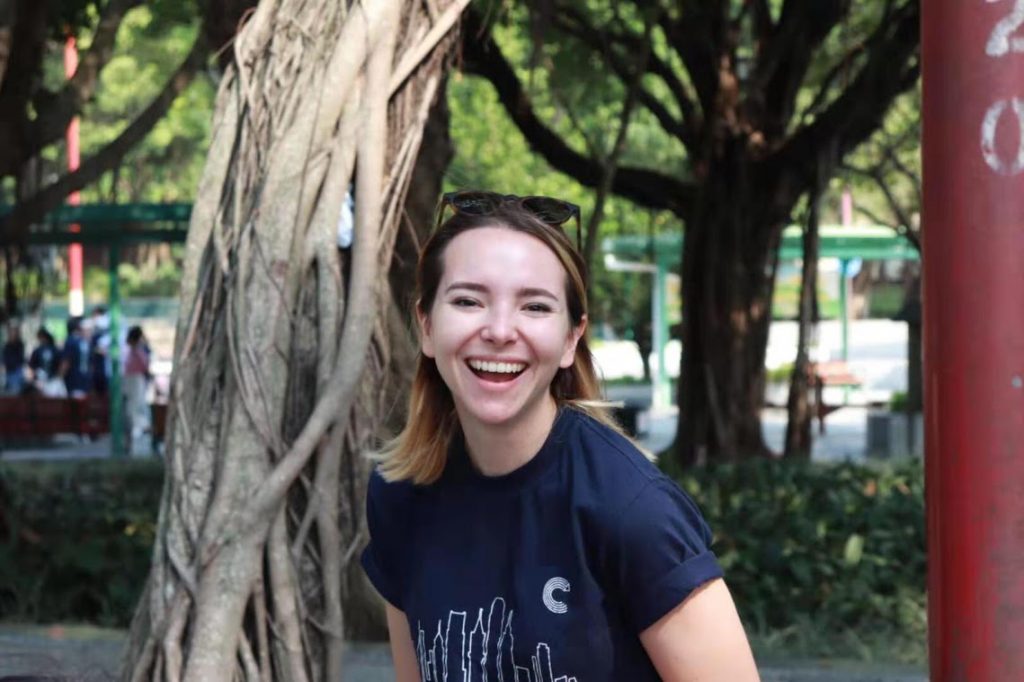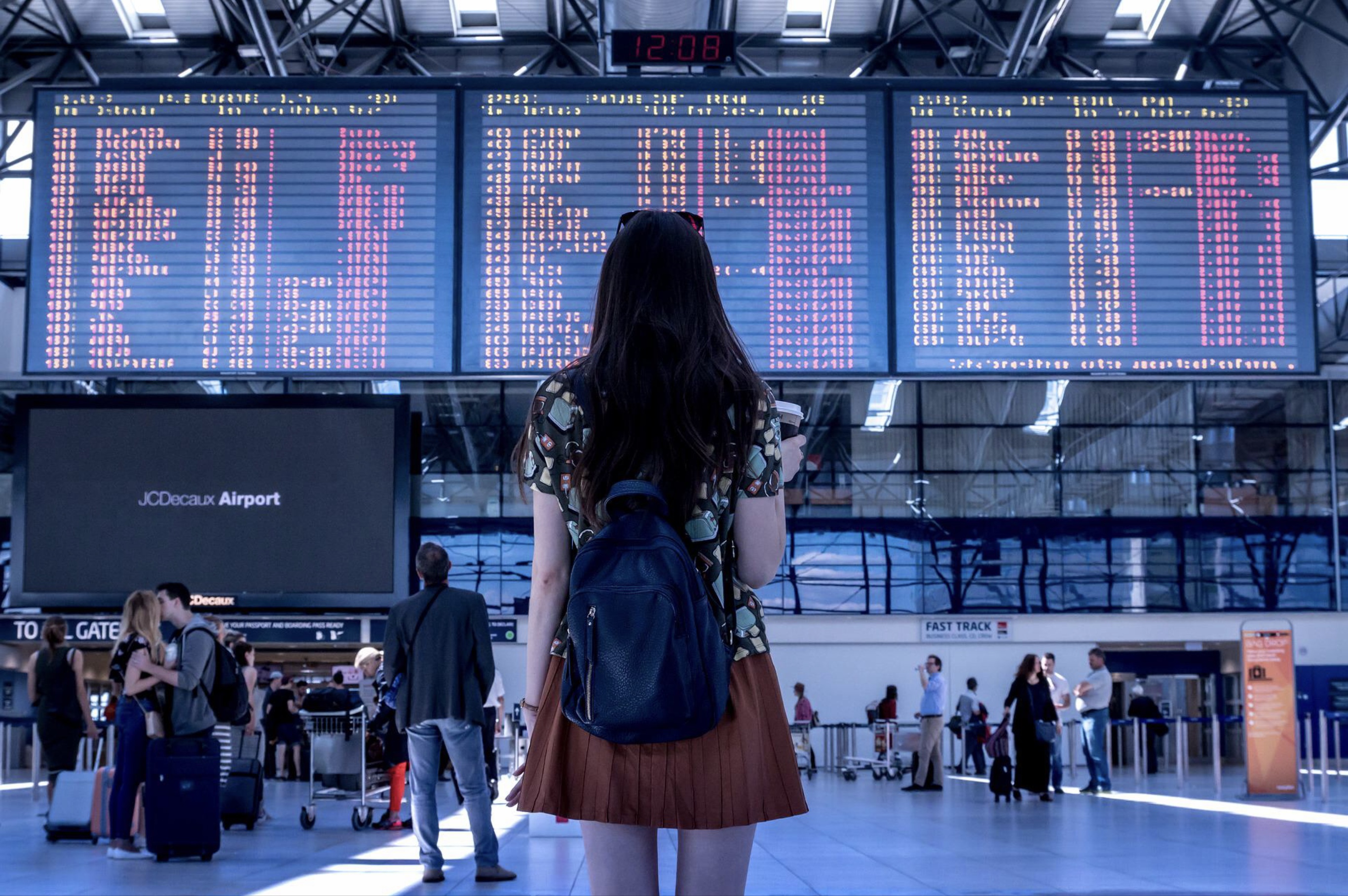Like anyone starting a new degree at a new university, I was a little apprehensive, with a huge amount of imposter syndrome! Having taken a year out to work in Hong Kong as a teacher, I was worried that when I arrived for the new term in September, I would have forgotten all my essay writing skills, all my research abilities, as well as my concentration when grappling with academic texts.
Of course, I had nothing to worry about. Those who pursue a Master’s straight after their undergraduate and those who take some time out of academia are all equally daunted by the high standards expected by LSE!
If you have taken a break to work or travel after your undergraduate, or deciding whether or not to go straight into your Master’s upon completion of your undergraduate, here is my (biased) take on the benefits of taking some time out in between your undergraduate and your postgraduate degrees!
Get a taste of the real world!
Applying for a Master’s while simultaneously studying in my final year seemed counterintuitive to me, so when I got an offer to teach English in Hong Kong, I was delighted. Like a lot of students, towards the end of my undergraduate degree, I was desperate to get a job secured, and while I considered applying for a Master’s during my final undergraduate year, I needed a break from academia.
Living and working in Hong Kong from 2019-2020 (although interrupted due to the pandemic) gave me some real-world perspective and a new outlook on the news and politics. I was forced out of my comfort bubble, but also had a greater opportunity to examine why I wanted to study a Master’s.

Where I lived in Hong Kong – Mong Kok.
Doing a Master’s for the right reasons
Alongside all of its benefits, studying a Master’s is intense and expensive. A lot of people don’t know what to do after their undergraduate, so go straight into a Master’s to buy some more time. For me, living in Hong Kong during turbulent political times gave me the opportunity to think about colonial history more broadly and its effects around the world such as in Kashmir and Hong Kong. This added a lot of colour to my Statement of Academic Purpose which I submitted in my LSE application.
LSE is a prestigious university and is therefore competitive. It’s important to think about what can make you stand out – such as your experiences, your interests and perspectives, your work or your research, and then how doing a Master’s will help you achieve your goals. My time abroad really helped me hone in on the fields I hoped to pursue as a career.

Man Mo Temple on Hong Kong Island – the temple of two deities patronised by scholars and students seeking progress in their studies during the Ming and Qing dynasties – very fitting for someone hoping to pursue a Master’s!
Transferable skills!
The dreaded “transferable skills” – what every History student hears and puts on their CV. But it works both ways. I picked up lots of transferable skills while living and working in Hong Kong, such as time management, developing a work-life balance and a regular schedule, as well as critical thinking skills about the reliability and origin of primary sources, which I’ve applied to my essays when using primary sources.
Living in this region, I learned a lot more about its history and its effects than I would have otherwise. I’ve managed to apply these perspectives and be much more conscientious in my essays about the effects of historical events. It’s all very well saying “the British started conservation of forests in India in the mid-1800s” until you examine more critically why this was done, for whom, and what the effects were (for more, see Week 15 of MSc Empire, Colonialism and Globalisation…)
While these critical skills are the bread and butter of all historians, using them practically and regularly in my work in Hong Kong has made me a much better historian.

Chi Lin Nunnery on Diamond Hill.
And finally… Renewed interest!
I don’t think I would have been as enthusiastic about my degree had I not had some time away from studying History. With new perspectives and a newfound love of studying, I’ve been much more engaged in my studies this year than if I had come straight from the final year of my undergraduate, where I had mentally checked out and was unwilling to muster up the energy to conduct any kind of further research!

How I felt when my application was accepted!
Overall, if you are considering deferring your Master’s entry, or are considering pursuing a Master’s in History after some after your undergraduate degree, I would say go for it. Your experiences, your work or travel, and your time away from academia can only enrich your postgraduate experiences.





